

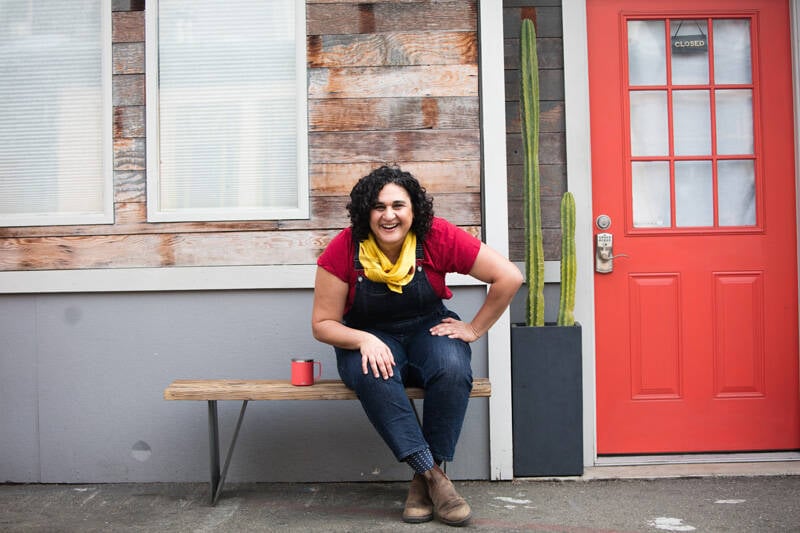



Diversity on the plate
There are plenty of different cuisines and dishes around the world, yet Nosrat believes that the differences between them and the people who cook and eat them are often overemphasised. "Dishes are basically more similar than we think," she says. According to Nosrat, the kitchen reflects society: we're quick to emphasise differences, but if you look closely, there are many more similarities to be found. As people of different colours, religions and backgrounds, we are much more alike than we think. "There's no black and white." Everyone is connected and we've influenced each other since the beginning of humanity. There is no such thing as a typical Iranian tradition or a specifically American custom. People around the world have inspired each other for thousands of years, making our ways of life one big potpourri. And that's true in the kitchen, as well. It’s good to share different eating habits and special dishes, but in the end, the essence of eating together is the connection you make around the table. Nosrat: "Cooking isn't about food for me, it’s about people."
For her, real diversity begins when people who are different from the majority no longer have to pretend to be different than they are and are fully accepted as they are. Her advice to entrepreneurs in the hospitality industry who want to stimulate diversity in their business: don't use language that excludes people in your job openings. Use 'she' instead of 'he', or even better: avoid the use of he or she and keep the phrasing gender-neutral. Also avoid using terms that are typical of Western culture like 'ambitious' and 'enthusiastic'. They may be words people use to promote themselves in Western culture, but in other cultures, those terms often come across as overbearing and excessive, and people won’t identify with them.
"I grew up a brown kid in a super-white world. I was called a ‘terrorist’ in second grade. I was always very aware that I was different, and I didn’t fit in, but I was also always trying very hard to fit in by being the nicest, the smartest, the most polite; whatever it is you need from me so that you and your people will accept me.”

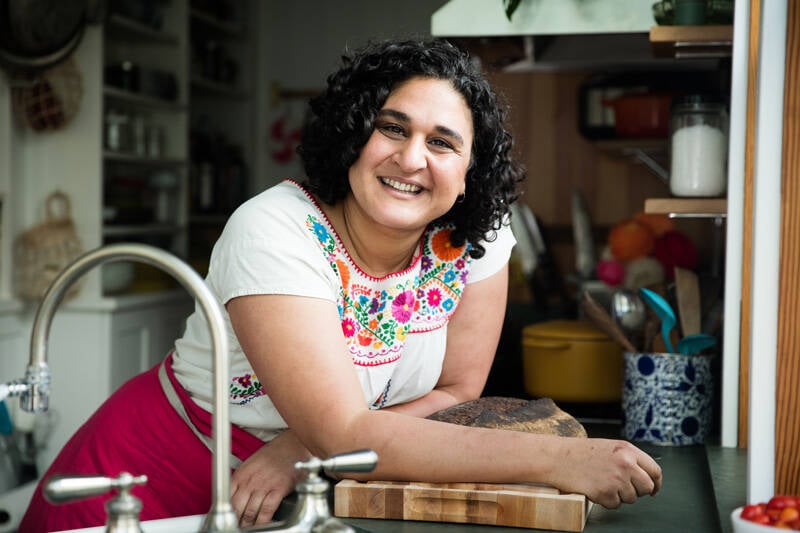
Diversity in the kitchen
As the child of Iranian parents, Nosrat grew up knowing and appreciating diverse cuisines. Now that she is older and even more familiar with American cuisine, she says she’s troubled by the lack of diversity in American food. In an interview with NPR, she joked with a serious undertone: "Some people think they are supporting diversity when they compliment a chef or kitchen staff of colour. But it’s only a compliment when there is as much mediocrity from people of colour as there is from white people. Only then there is real diversity. Only when people of colour no longer have to be 'twice as good' are they really respected." She herself recounted her childhood years in an interview with the New York Times:
Who is Samin Nosrat?
Samin Nosrat is an American TV chef and cookbook author. She is the author of the James Beard Award winning cookbook Salt, Fat, Acid, Heat, and hosts the Netflix documentary of the same name. Her book has been translated into 14 languages, and 658,000 copies have already been sold in America alone. In both the book and in the series, Nosrat goes in search of the four 'Elements of Good Cooking': salt, fat, acid, and heat. Nosrat believes that cooking should be fun and experimental, and not too complicated. When people try to discover new things in the kitchen, they enjoy it, which makes cooking and eating healthy a pleasure. She certainly doesn't see recipes as sacred. She regularly works with Michael Pollan, an author known for his crusade for 'real' food, in other words: unprocessed food. She says she learned a lot from Alice Waters, owner of Chez Panisse, where Nosrat worked in the kitchen. The restaurant follows the farm-to-table philosophy, and Waters is a public policy advocate for school lunch reform and universal access to healthy, organic food. Nosrat herself sees it as her mission to raise cultural, social, and community awareness through food.
“I think cooking is all about being scrappy, no matter where you're from and where you are. It's using what you've got to make something good.”




interview
4 min

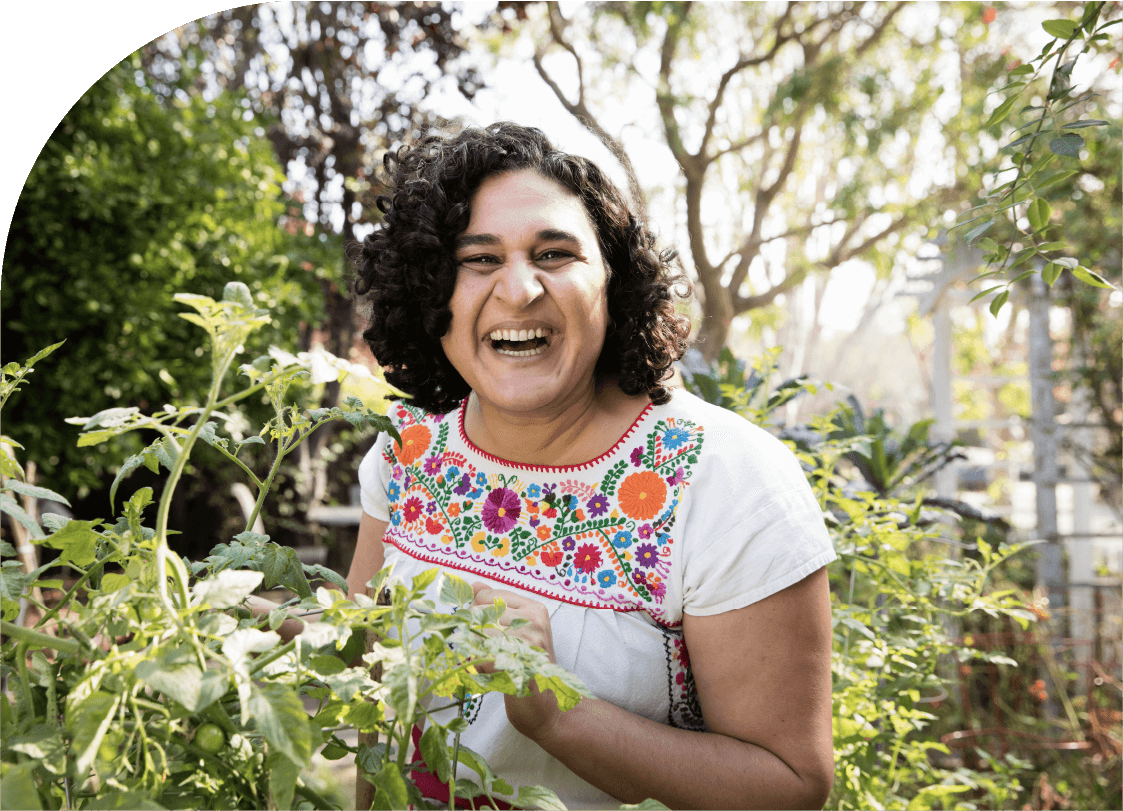
american chef daniel humm takes the lead in protein transition






Diversity on the plate
There are plenty of different cuisines and dishes around the world, yet Nosrat believes that the differences between them and the people who cook and eat them are often overemphasised. "Dishes are basically more similar than we think," she says. According to Nosrat, the kitchen reflects society: we're quick to emphasise differences, but if you look closely, there are many more similarities to be found. As people of different colours, religions and backgrounds, we are much more alike than we think. "There's no black and white." Everyone is connected and we've influenced each other since the beginning of humanity. There is no such thing as a typical Iranian tradition or a specifically American custom. People around the world have inspired each other for thousands of years, making our ways of life one big potpourri. And that's true in the kitchen, as well. It’s good to share different eating habits and special dishes, but in the end, the essence of eating together is the connection you make around the table. Nosrat: "Cooking isn't about food for me, it’s about people."

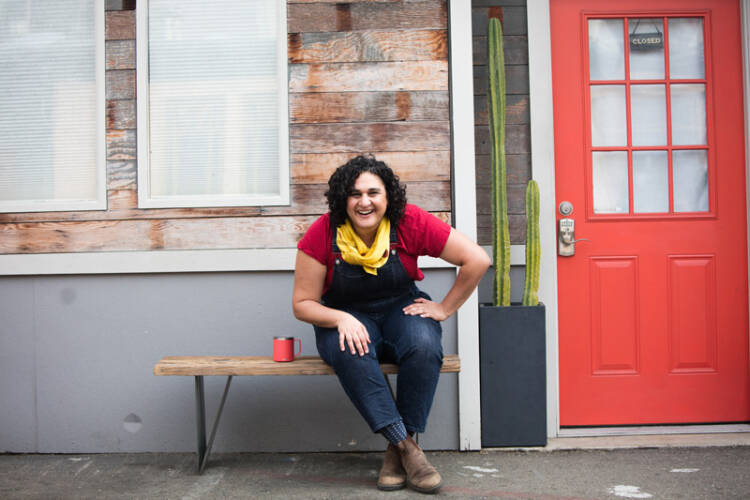
For her, real diversity begins when people who are different from the majority no longer have to pretend to be different than they are and are fully accepted as they are. Her advice to entrepreneurs in the hospitality industry who want to stimulate diversity in their business: don't use language that excludes people in your job openings. Use 'she' instead of 'he', or even better: avoid the use of he or she and keep the phrasing gender-neutral. Also avoid using terms that are typical of Western culture like 'ambitious' and 'enthusiastic'. They may be words people use to promote themselves in Western culture, but in other cultures, those terms often come across as overbearing and excessive, and people won’t identify with them.
"I grew up a brown kid in a super-white world. I was called a ‘terrorist’ in second grade. I was always very aware that I was different, and I didn’t fit in, but I was also always trying very hard to fit in by being the nicest, the smartest, the most polite; whatever it is you need from me so that you and your people will accept me.”

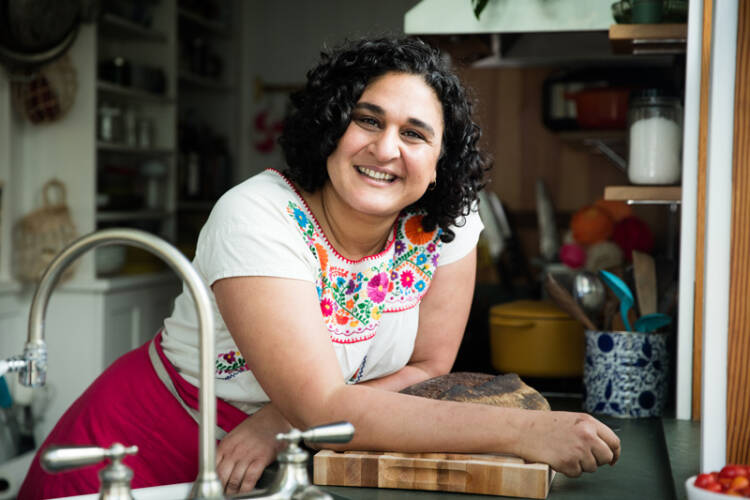
Diversity in the kitchen
As the child of Iranian parents, Nosrat grew up knowing and appreciating diverse cuisines. Now that she is older and even more familiar with American cuisine, she says she’s troubled by the lack of diversity in American food. In an interview with NPR, she joked with a serious undertone: "Some people think they are supporting diversity when they compliment a chef or kitchen staff of colour. But it’s only a compliment when there is as much mediocrity from people of colour as there is from white people. Only then there is real diversity. Only when people of colour no longer have to be 'twice as good' are they really respected." She herself recounted her childhood years in an interview with the New York Times:
“I think cooking is all about being scrappy, no matter where you're from and where you are. It's using what you've got to make something good.”
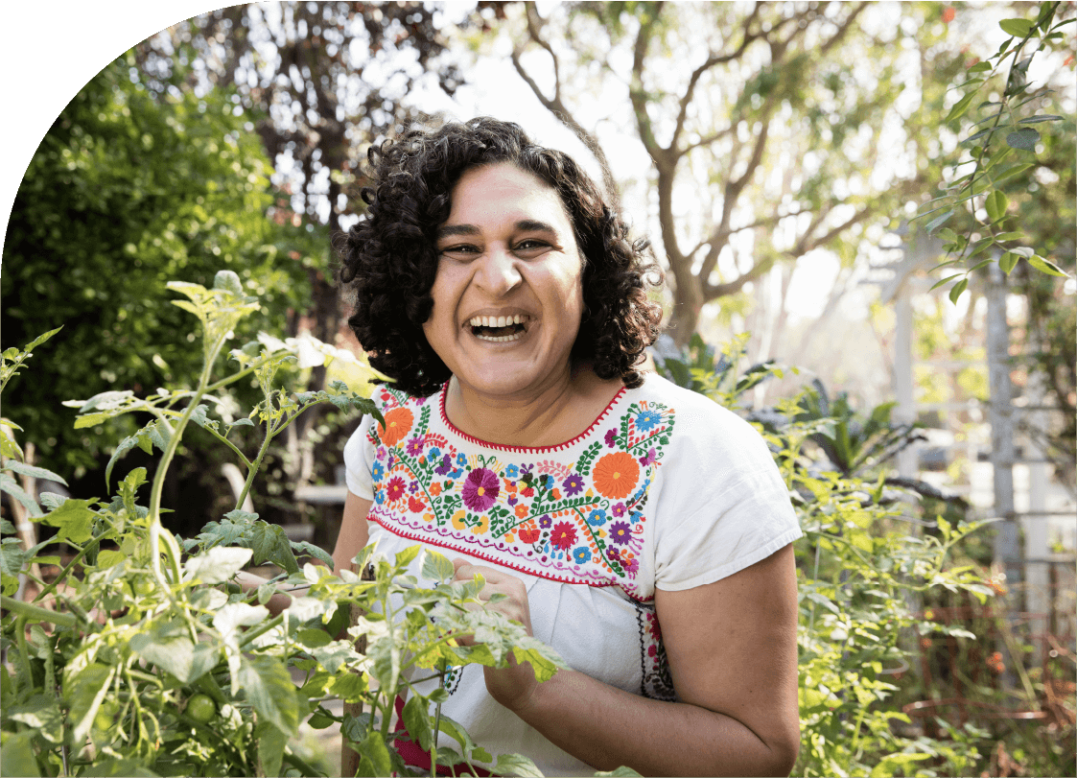

Who is Samin Nosrat?
Samin Nosrat is an American TV chef and cookbook author. She is the author of the James Beard Award winning cookbook Salt, Fat, Acid, Heat, and hosts the Netflix documentary of the same name. Her book has been translated into 14 languages, and 658,000 copies have already been sold in America alone. In both the book and in the series, Nosrat goes in search of the four 'Elements of Good Cooking': salt, fat, acid, and heat. Nosrat believes that cooking should be fun and experimental, and not too complicated. When people try to discover new things in the kitchen, they enjoy it, which makes cooking and eating healthy a pleasure. She certainly doesn't see recipes as sacred. She regularly works with Michael Pollan, an author known for his crusade for 'real' food, in other words: unprocessed food. She says she learned a lot from Alice Waters, owner of Chez Panisse, where Nosrat worked in the kitchen. The restaurant follows the farm-to-table philosophy, and Waters is a public policy advocate for school lunch reform and universal access to healthy, organic food. Nosrat herself sees it as her mission to raise cultural, social, and community awareness through food.

4 min












